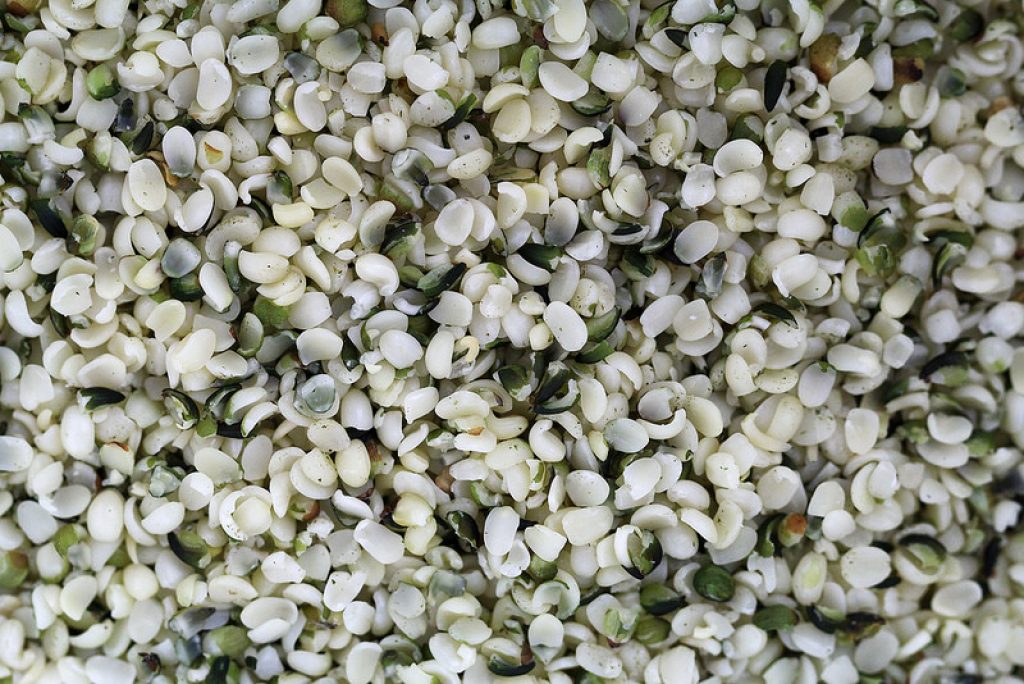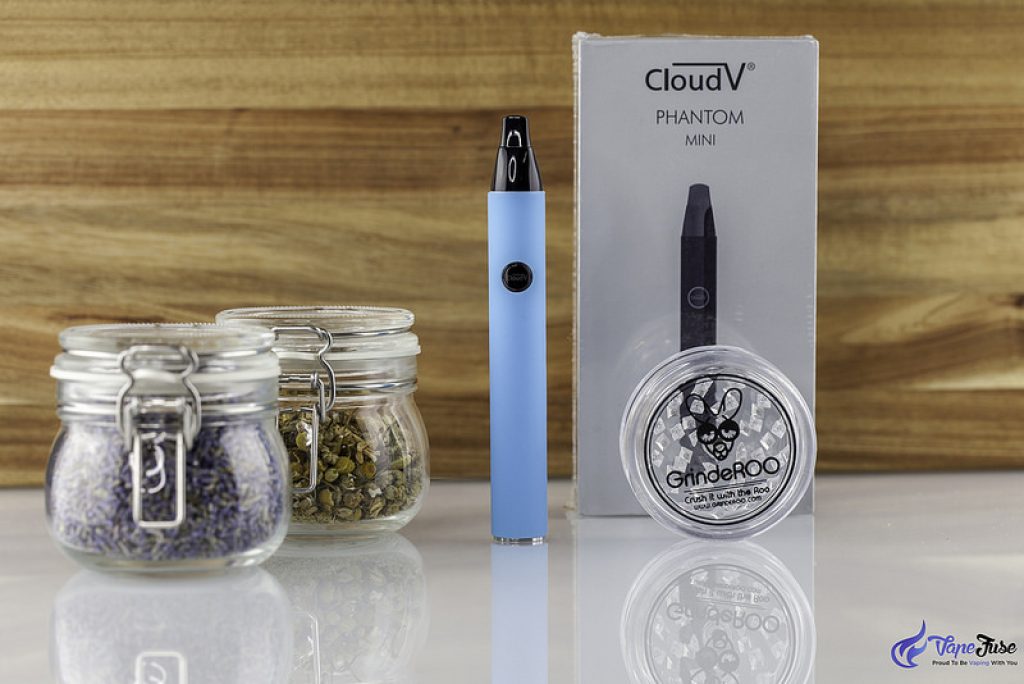“To Heal with Plants” Through Phytotherapy

When looking for natural and holistic health remedies, specifically linked to vaping, there is a lot of different terminology which gets mentioned and you can get confused what it is exactly you are part taking it.
Is it aromatherapy treatment, are you practicing herbalism? Many people will generalise using one or the other and many are actually unfamiliar with the term Phytotherapy which in actual fact is more relevant than you think.
Firstly, trying to define Phytotherapy is quite an undertaking as it is a vast subject.
To start with, Phytotherapy comes from the Greek signifying “To heal with plants”. We are talking about a practice founded thousands of years ago.
Today it is is a mix of traditional wisdom as well as modern science.
It too can sometimes be confused with Herbalism and Aromatherapy and is often compared to modern medicine, so lets lay it all out for you so you can understand the different terms better:
Phytotherapy vs Herbalism
There is a general consensus that phytotherapy is a scientific approach, looking at the biochemical benefits of the plants on different symptoms in an individual. Herbalism on the other hand looks at a holistic view of an individual as a whole.
Both Phytotherapy and herbalism are however quite intrinsic to each other, so much so that it doesn’t entirely matter which term we use when we talk about health and plants.
Phytotherapy vs Aromatherapy
Aromatherapy uses plants to make essential oils and aromatic oils, where-as Phytotherapy uses the herbs in their raw or dry state.
In Aromatherapy there is a transformation process, called distillation, that generates the concentrated oil from plants, flowers and herbs. Oils can also be used in vaporizers and diffusers but are not appropriate for inhalation.
Phytotherapy vs Modern Medicine
Phytotherapy and modern medicine are in fact close to each other except in the synthetic chemical preparations or in genetic engineering, but most modern medication is a concentrated copy of plant remedies, which means that these medications can be used for longer periods, and will have quicker results that can be better controlled.
A Little History
The first known text on medicine using plants dates back to the Sumerian Era, about 3000 BC. It is an argyle tablet mentioning decoctions of myrrh, sage, thyme, and hemp.

The next biggest historical archive of plant medicine is from Ancient Egypt, in a 110 page-long reference book that refers to even more ancient indexes and provides methods of use for each plant.
The Greeks and Romans were known to use plants heavily in their healing practices as well.
In Europe, plants are an essential part of the pharmacology until the 19th Century and the modern chemistry rise. Still used until after the 2nd World War and it was supplanted by synthetic medicine, which were easier to use.
Advantages and Warnings
It is undeniable that plants have curative and preventative benefits on diseases and ailments.
Plants and herb remedies can be a great addition to help with medicine side effects as well.
Of course, some plants are to be avoided, just like regular medicine, as some are quite toxic or could be toxic over time with repeated and prolonged use.
It is highly recommended to verify with a phytotherapist, a naturopath, or an herbalist about using herbs and plants in general, but especially so while pregnant, breastfeeding, and for young children.
Important: plants will not heal “everything” (just as with modern medicine). If symptoms don’t pass after 48 hours of using herbal remedies, it is important to consult a medical doctor.
Vaping and Phytotherapy
An herbal prescription can involve taking infusions of plants, tinctures, decoctions, inhalations, dietary supplements in the form of pills or powders, and more.
Inhalations have been some of the most effective ways to help with respiratory issues, on top of being generally good for the facial skin. Herbs like eucalyptus are amazing for sinus afflictions for example.
Vaping herbs can have a similar effect on the respiratory system as the benefits of the chosen herbs can be delivered directly to the lungs. This has become quite a popular practice in the past few years as people want to avoid vaping anything resembling tobacco and its toxic effects on the body.

Phytotherapists, herbalists, and naturopaths can be consulted in order to get a better idea of what herbs you might need. This can involve a full health evaluation in a specialized clinic, or a simple consultation with a specialist in a natural health food store or herb shop.
Most countries have boards and associations that regroup phytotherapists, herbalists, naturopaths, aromatherapists, and more.
Vaping herbs can be safe practice if not overdone. Keep checking here for guides on how to use certain herbs in your vaping experiences.


